When buying camping gear, it can often be tough to find the best kit for you. To help with this, we’ve made this tarp vs tent comparison on our two favourite shelter types.
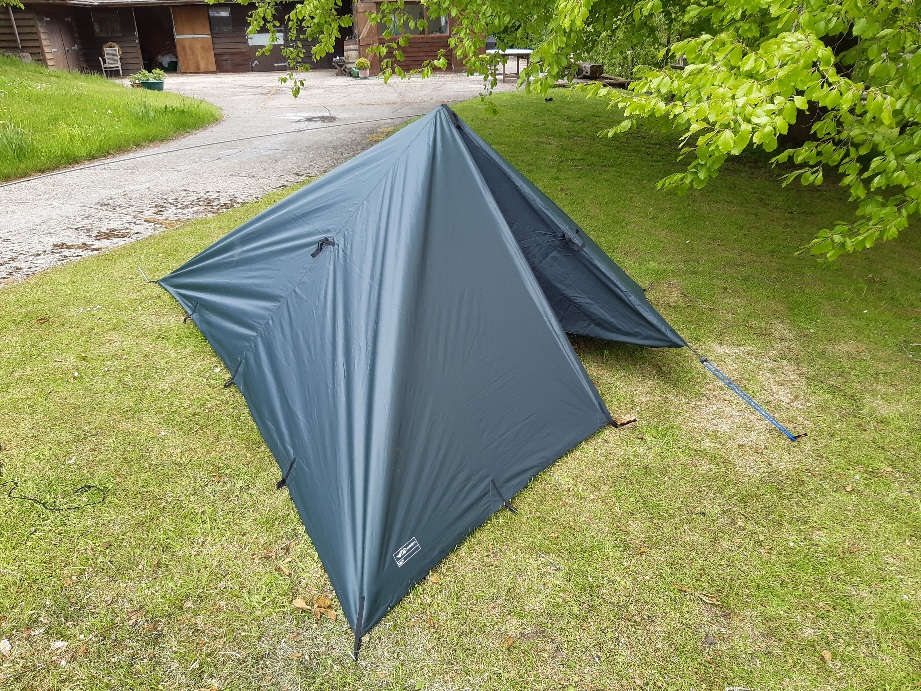
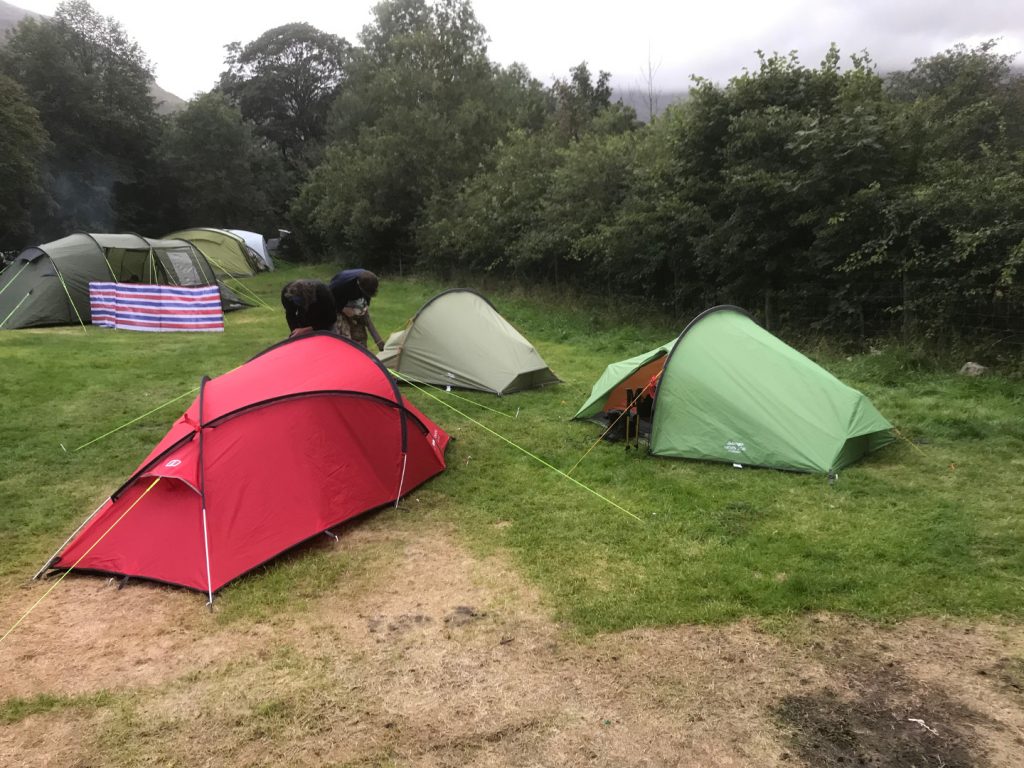
Why just these two?
I’ve chosen to compare just tents and tarps for one main reason; they are the most versatile. With both hammocks and bivis, they tend to be much more niche items. For hammocks, you can only camp where there are trees, and bivis tend to be only for the most hardcore campers in anything but the best weather. See this advice on hammock camping and this article on bivi camping
TL; DR
If you prioritise creature comforts and ease of use, go with the tent. If you’re happy to make some small sacrifices, and want to save space, money and weight, go for the tarp.
The Comparison
In this tarp vs tent comparison, I’ll run through various categories, and see how they fare against each other:
Pitching – Tent
This is a key category when comparing shelter types, and the tent takes this one.
In a tent, you don’t need to think at all when you’re pitching; there’s only one way to pitch a tent, and its usually fairly simple. Having said this, you can learn to pitch a tarp very quickly, and there are of course tents which are a pain to pitch as well.
Packing – Tarp
In this category, the Tarp blows the tent away. Simply because, a tarp is just a flat sheet of fabric, and packing it is simply a case of folding it up and squeezing out the air. With a tent, which in most cases at least have some concave bits of fabric, packing it is anything but simple. This is because, the irregular bits of fabric don’t fold nicely, and almost always traps air, taking up precious space in your bag.
Add this to the fact that the tarp simply has less material, the tarp is almost always easier to pack and takes up less space.
Weight – Tarp
In this case, the tarp wins again. There is just less material in a tarp, and unless you’re willing to spend the big bucks, a tarp will almost always be lighter than a tent. For example, my DD hammocks 3×3 tarp is 2.5x lighter than the Vango Nevis 200, while also offering more space.
Comfort – Tent
For most campers, comfort is one of the most important categories when choosing a shelter, and for obvious reasons. In this category, the tent takes the cake, however not by much. This is because, in a tent, you get the advantage of a fully enclosed, (hopefully) dry sleeping area. This means, that regardless of where you pitch, unless you’ve really screwed it up, you’ll get a dry night’s sleep.
That isn’t to say that a tarp can’t be both dry and comfortable, but it requires more effort, and a little preparation. For some advice on staying as comfortable as possible in a tarp, check out our tarp camping tips.
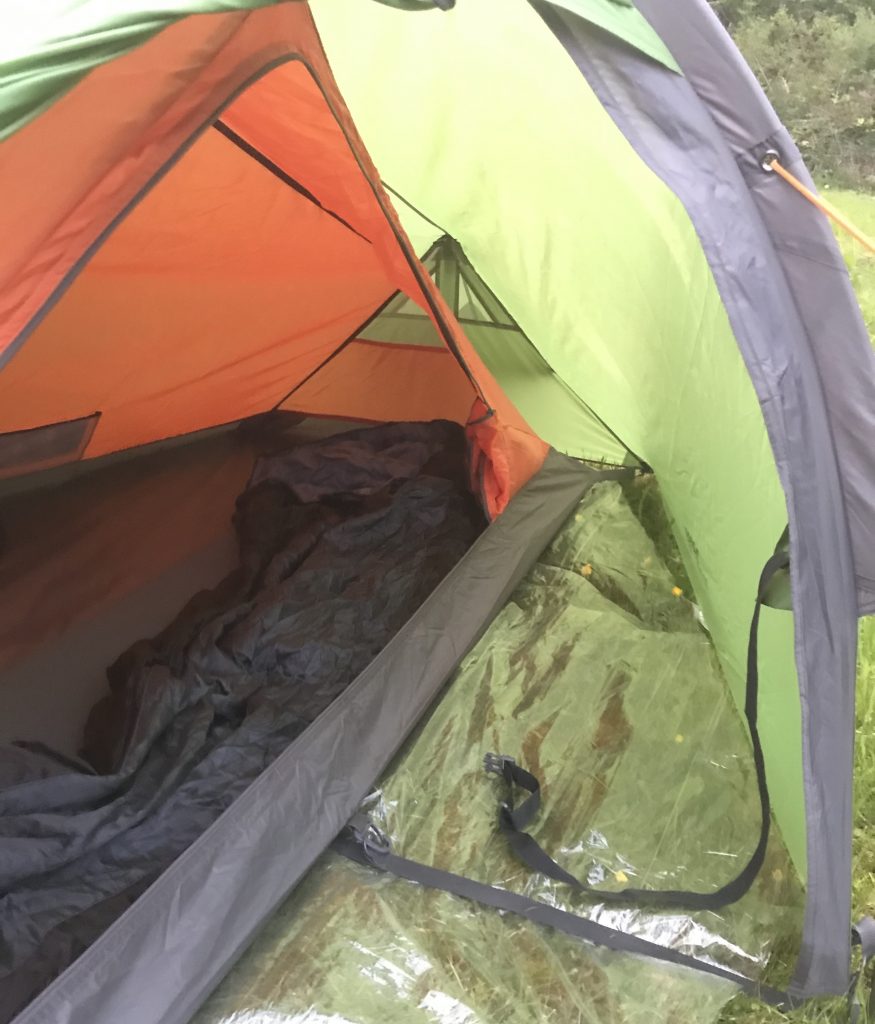
Price – Tarp
As you might have guessed, a tarp is much cheaper than a tent. This is simply because less effort has to go into making a tarp; there’s less sewing etc. involved. Having said this, if you’re getting your shelter for the first time, make sure to include the price of the walking poles. This often reduces the price difference substantially. This, combined with the weight savings, is a key reason why the tarp is a great budget ultralight piece of gear.
Bad Weather – Tent
Because of its fully enclosed design, a tent will almost always perform better in bad weather. Having said this, there are some great fully enclosed tarp pitches, but if I know the weather’s bad, I bring a tent.
Flexibility – Tarp
For me, this is likely the biggest advantage of using a tarp. There are so many different pitches that can cater for all weathers. Whether its a lovely summers night and you want to see the stars, or if there’s torrential rain, you’ve always got options. This simply allows you to tailor your shelter to the situation at hand, rather than being stuck with the one shelter.
Overview
All in all, it is hard to compare these two shelter types, as they are so different. If you prioritise comfort and ease of use over everything else, the tent is the shelter to go for. However, if you’re willing to sacrifice some creature comforts, the weight, price and space savings make the tarp a no-brainer.
For more tent advice, check out our 5 tent tips, and for tarp camping see these posts on tarp tips and tarp pitches.

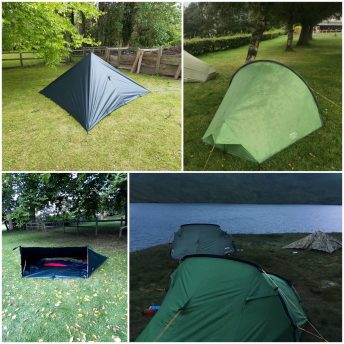
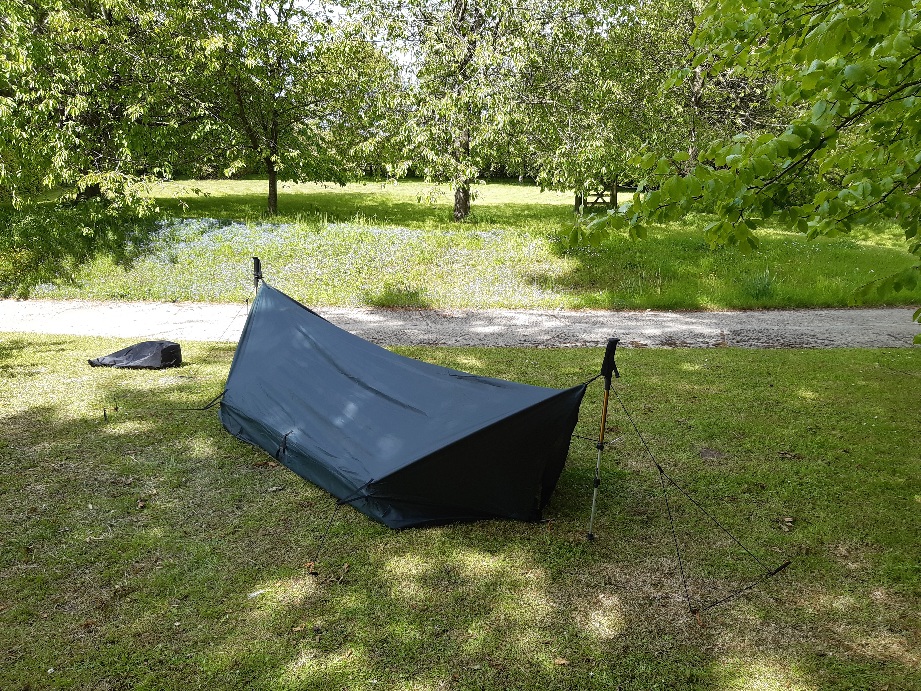
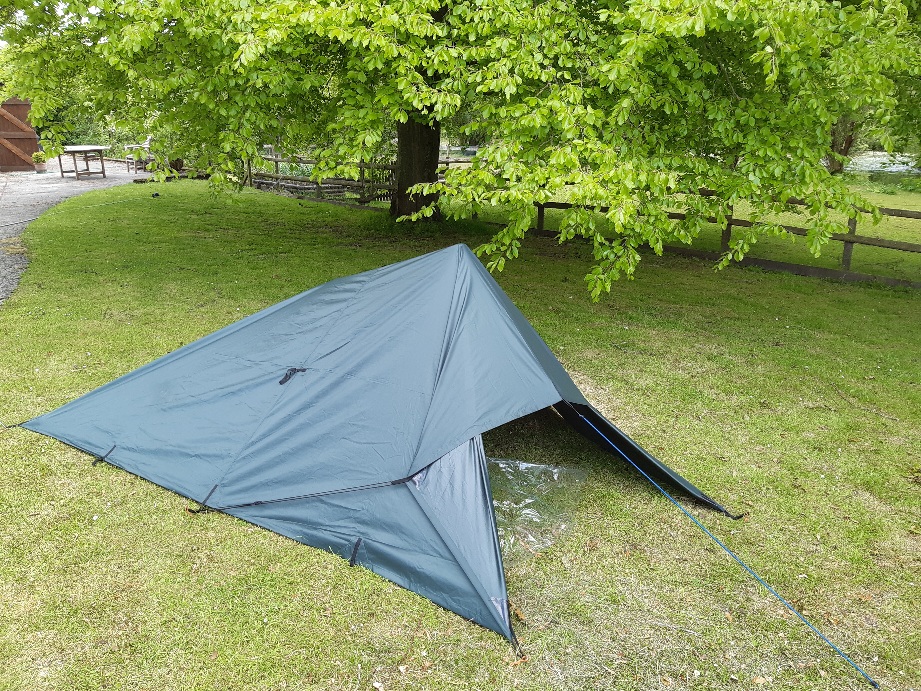
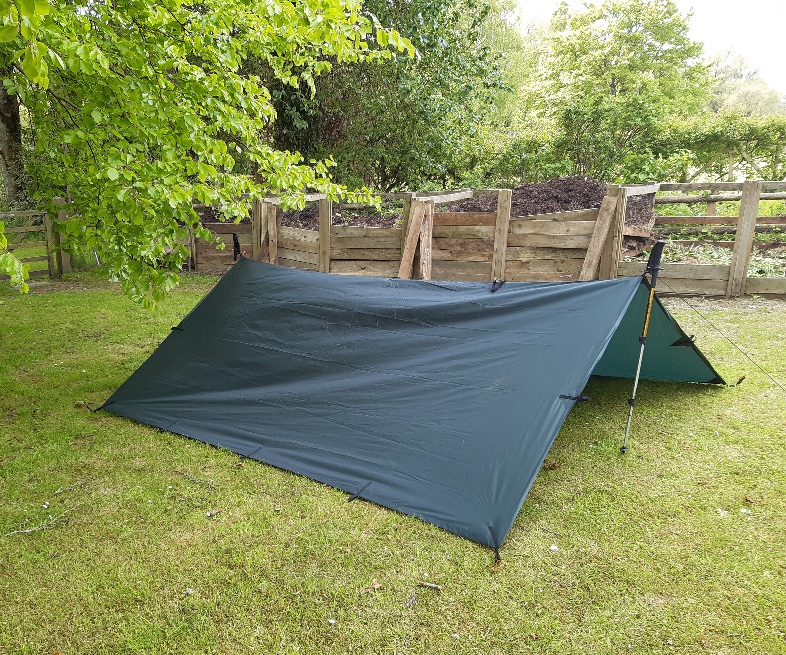
You forgot a very important advantage of the tent: igloos are free standing which is a huge plus in environments with rocky or dry soil and if course sand.
Mosquitoes were also left out of the equation…